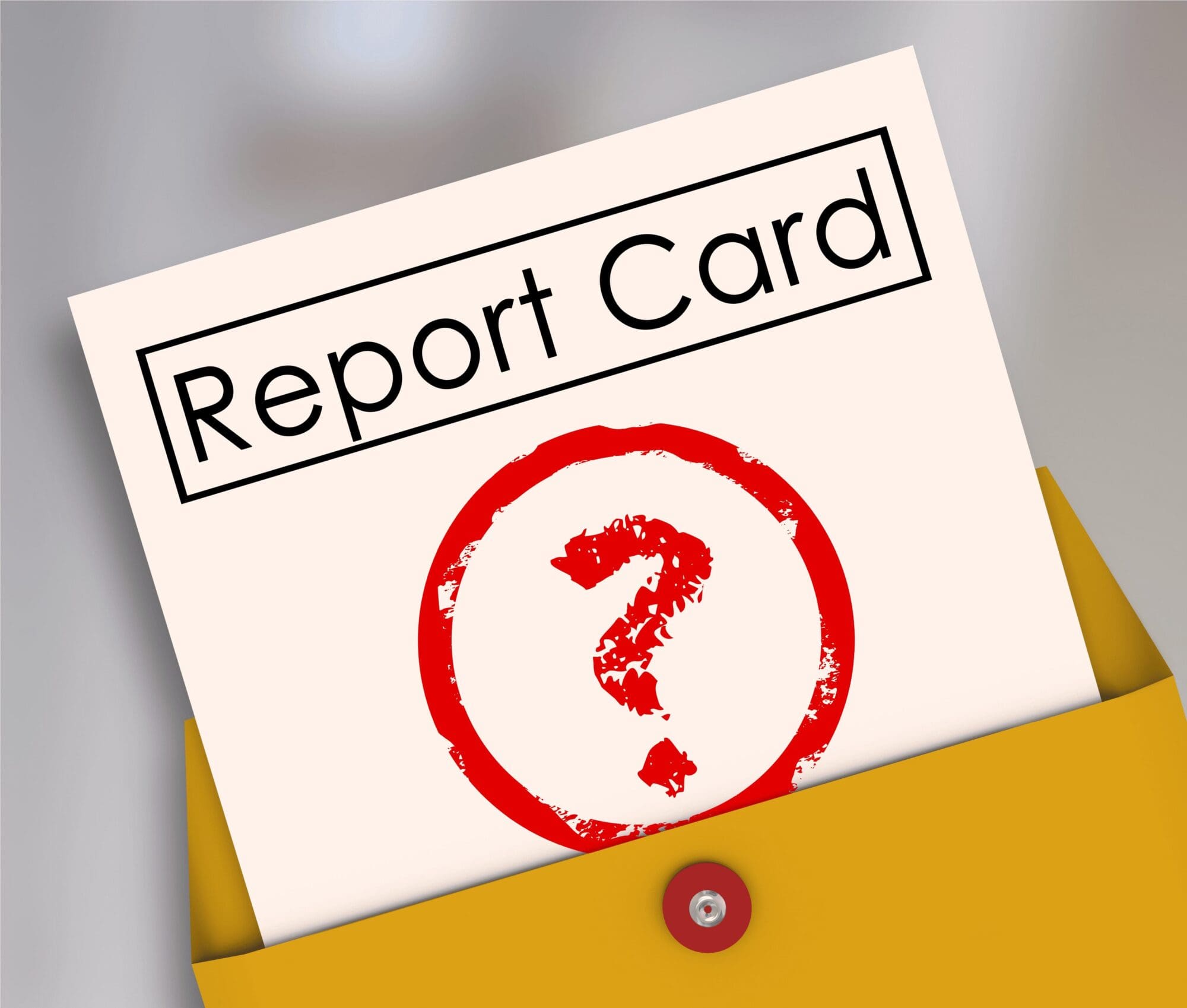On Monday, Hegar announced his office is projecting that state revenues this biennium will be roughly $11.6 billion less than initially estimated, creating a budget deficit of $4.6 billion that the Texas Legislature will need to resolve.
In a letter addressed to lawmakers, Hegar wrote:
“The economic contraction associated with the spread of COVID-19 and recent volatility in oil markets warrants an update to the Certification Revenue Estimate (CRE) we published in October 2019. We now estimate the state will have $110.19 billion in General Revenue-related (GR-R) funds available for general-purpose spending for the 2020-21 biennium, down $11.57 billion, or 9.5 percent, from our October estimate. This results in a projected fiscal 2021 ending deficit of $4.58 billion, a substantial downward revision from our previously projected surplus of $2.89 billion.”
Later in the letter, Hegar reiterated these figures are only estimates and come with an “unprecedented amount of uncertainty.”
“This revised estimate carries an unprecedented amount of uncertainty. We have had to make assumptions about the economic impact of COVID-19, the duration and effects of which remain largely unknown. Our forecast assumes restrictions will be lifted before the end of this calendar year, but that economic activity will not return to pre-pandemic levels by the end of this biennium. The state’s economic output, employment and revenues will not return to pre-pandemic levels until consumers and businesses are confident the spread of the virus has been controlled. Even then, it likely will take some time to recover from the economic damage done by the deep recession.
“Our outlook is clouded further by recent volatility in oil prices and production, which have been unpredictable even by the standards of the industry. Collapsing demand for oil, combined with a dispute between Saudi Arabia and Russia that led to an increase in supply, caused prices to plummet in March. Oil price futures even turned sharply negative on April 20, an unprecedented occurrence. Although prices have partially recovered from April lows, they remain well below where they were at the start of this year. It also is unclear when Texas producers might resume production that was recently reduced, and whether and how much bankruptcies, reductions in capital expenditures and business failures might hinder production in the coming months.”
Lawmakers will have to grapple with the shortfall by either raising taxes or reducing spending. And the hole might be even deeper than Hegar has projected, in two ways.
First, the state’s economy could continue to slow down and provide less to the state government in terms of tax receipts—a development that would see government inflows drop even further and increase the shortfall.
Second, Hegar’s estimate does not include funding increases to Medicaid and other programs that are traditionally shortchanged in the regular budget process and made whole the next session in a supplemental appropriations bill. Lawmakers also often use that legislation as a vehicle to increase spending in other areas.
In his revenue estimate, Hegar places that figure at zero for the coming biennium—an estimation no one expects will hold, given the increases in funding to the Texas Education Agency, Texas Workforce Commission, Health and Human Services, and other agencies during the pandemic alone.
In other words, whenever lawmakers next return to Austin, they’ll be grappling with a major deficit—maybe even one larger than they currently realize.
Taxpayers must be prepared to ensure they view this as an opportunity to cut government spending and ease the strain on taxpayers through budget cuts rather than make an attempt to reach into their wallets with a tax increase.





